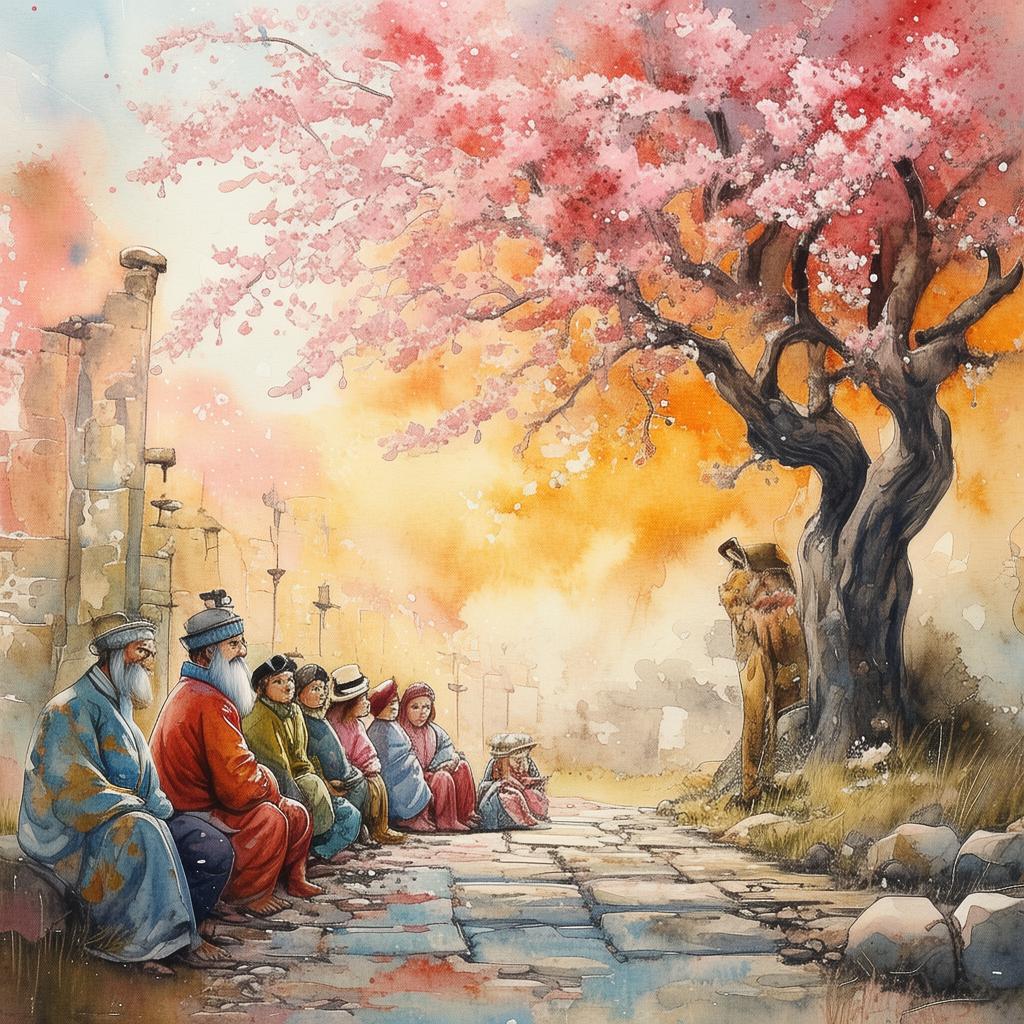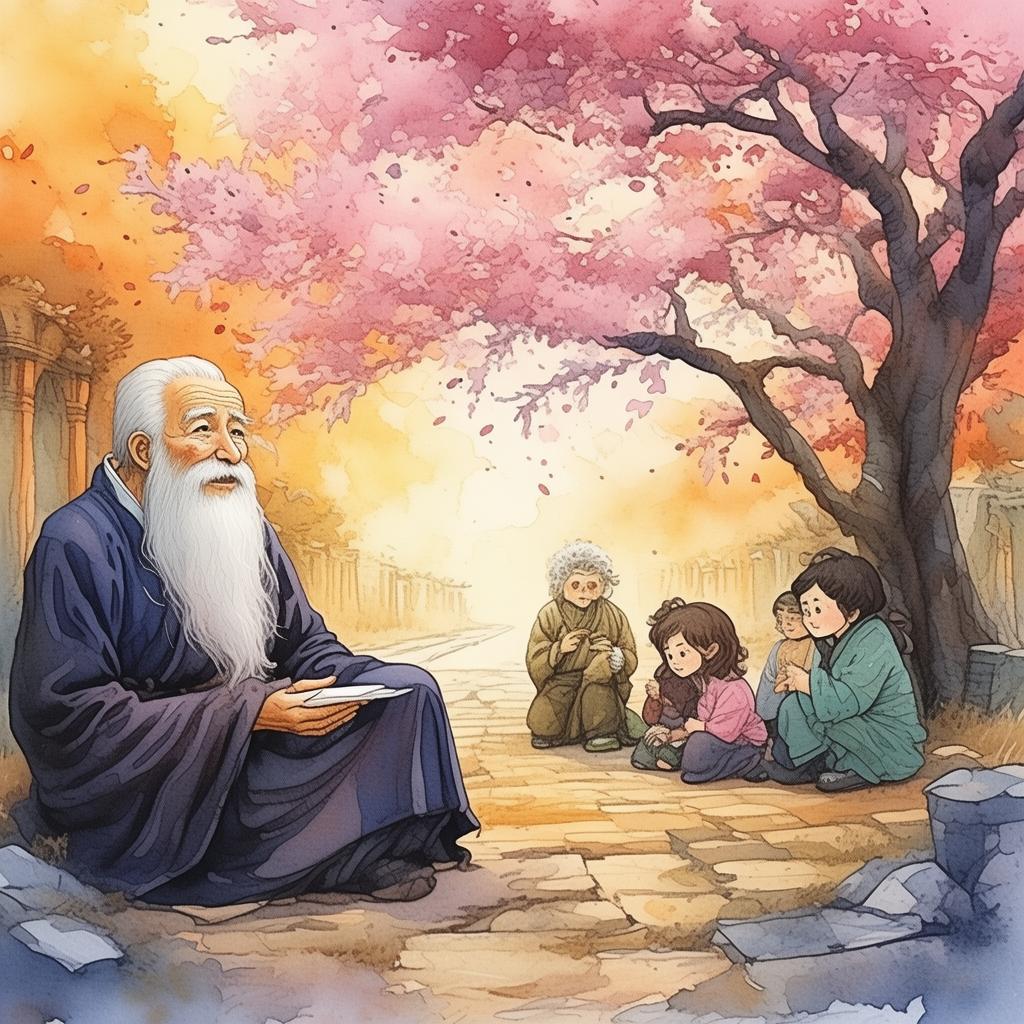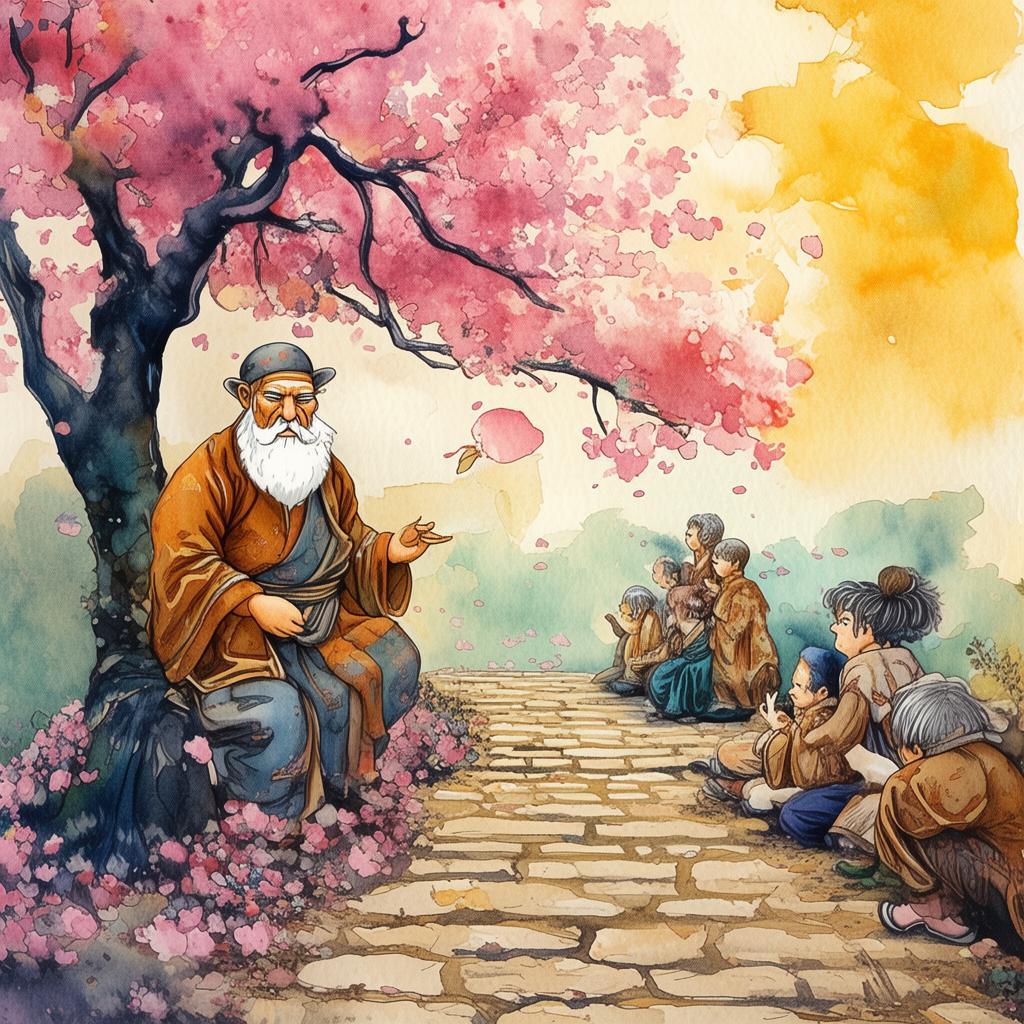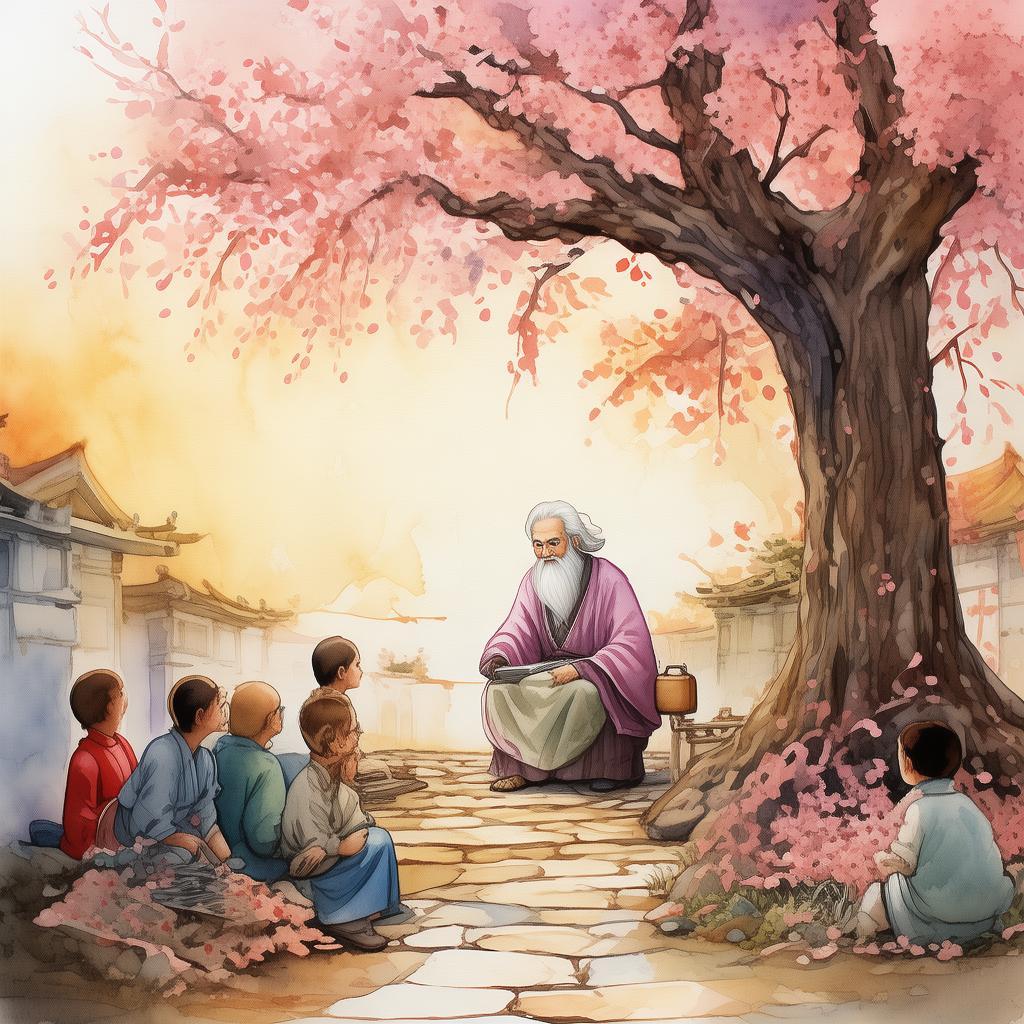The Great Misunderstanding: A Campus Comedy of Errors
In the bustling city of Xinghua, there was a renowned university known for its vibrant campus life and intellectual rigor. The students, a motley crew of scholars, jocks, and dreamers, were bound by their pursuit of knowledge and the thrill of youthful camaraderie. One such student was Xiao Li, a bright and ambitious young man with a penchant for poetry. Xiao Li had a peculiar habit of ending his sentences with maxims, a trait that often amused and sometimes bewildered his peers.
One fine autumn morning, Xiao Li found himself in a peculiar predicament. He had been assigned to tutor a freshman, a girl named Mei, who was struggling with her studies. Little did Xiao Li know that this simple task would lead to a series of misunderstandings that would become the stuff of legend.
Mei was a quiet and reserved girl, known for her sharp wit and quick mind. She had a habit of mishearing things, which often led to humorous situations. When Xiao Li began tutoring her, he would end every sentence with a maxim, a practice that Mei found endearing yet confusing.
One day, Xiao Li, in his usual manner, said, "A word to the wise is sufficient." Mei, who had a tendency to hear "a word to the wise is a good thing," responded with a puzzled look, "Oh, so you think I'm wise? I must be doing something right!"
Xiao Li, caught off guard by the twist, tried to clarify, "No, no, I meant a word to the wise is sufficient. It's a maxim that means you don't need to say more when someone is already wise."
Mei, misunderstanding him further, retorted, "Oh, I see. So, you think I'm not wise? I must be doing something wrong!"

Thus began a series of misunderstandings that would soon spread across the campus. Xiao Li's maxims were misinterpreted by Mei, who then spread the misunderstandings to her friends, who in turn shared them with their friends. Before long, Xiao Li was known as the "wise fool" who thought he was a fool.
The misunderstanding reached its peak when Xiao Li was asked to give a speech at a campus event. He decided to incorporate his maxims into the speech, hoping to enlighten the audience. However, his delivery was met with laughter and confusion. One student, caught up in the moment, shouted, "He's trying to tell us that he's a wise fool!"
The crowd erupted in laughter, and Xiao Li, caught in the middle of the chaos, realized the extent of the misunderstanding. He took a deep breath and began to speak more clearly, "Ladies and gentlemen, I apologize if my maxims have caused any confusion. I simply meant to share some wisdom with you all. But perhaps, in the spirit of the day, I should remind you that sometimes, wisdom is not enough, and we must also be wise in our actions."
The audience burst into applause, and the misunderstanding was finally put to rest. Xiao Li had learned an important lesson about the value of clear communication and the power of humor.
In the aftermath, Xiao Li and Mei became close friends. They often shared stories of their misunderstandings and the lessons they had learned. Together, they discovered that the campus was a place where misunderstandings could lead to growth and wisdom, as long as one was willing to embrace them with a sense of humor.
The Great Misunderstanding: A Campus Comedy of Errors serves as a reminder that in the pursuit of knowledge and understanding, sometimes the greatest lessons come from the most unexpected sources. It is a story of humor, wisdom, and the enduring bonds of friendship, all set against the backdrop of a vibrant university campus.
✨ Original Statement ✨
All articles published on this website (including but not limited to text, images, videos, and other content) are original or authorized for reposting and are protected by relevant laws. Without the explicit written permission of this website, no individual or organization may copy, modify, repost, or use the content for commercial purposes.
If you need to quote or cooperate, please contact this site for authorization. We reserve the right to pursue legal responsibility for any unauthorized use.
Hereby declared.









